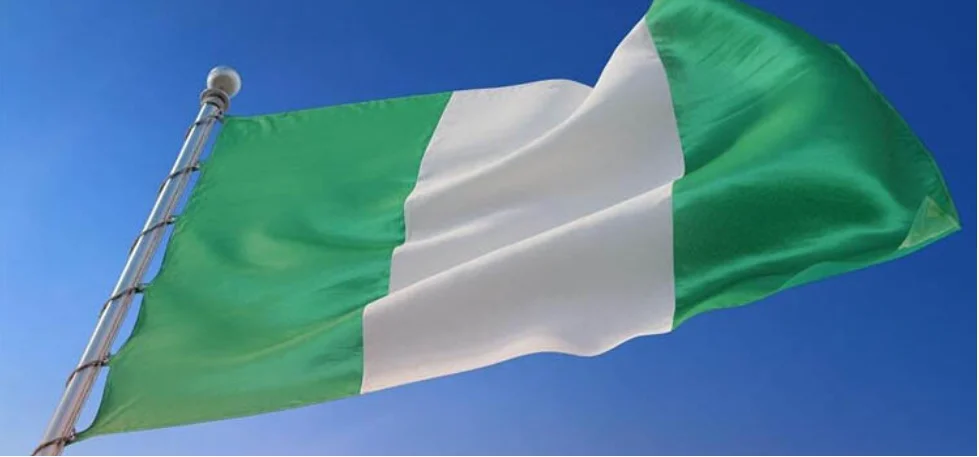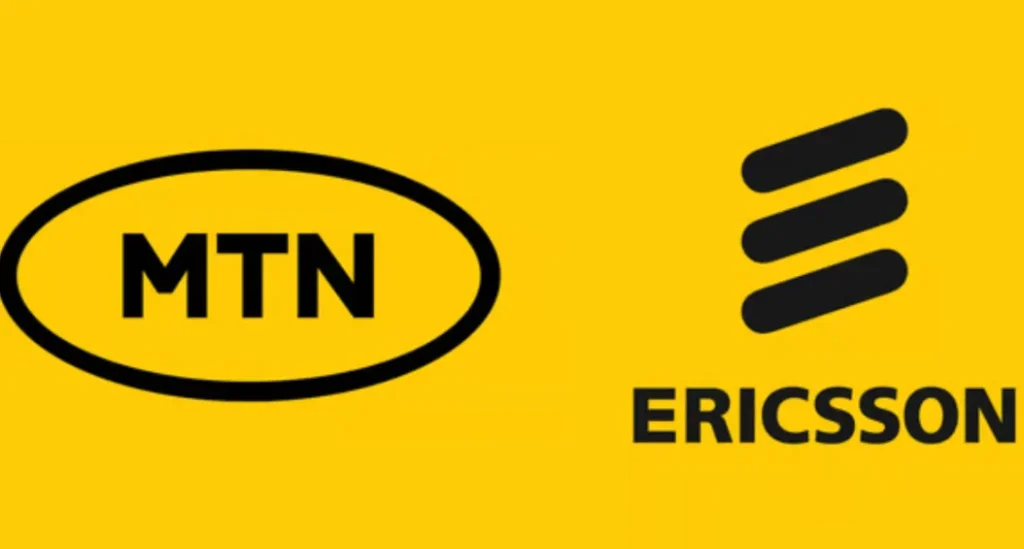Nigeria has fallen to the 66th position in the 2025 Global Startup Ecosystem Index by StartupBlink, dropping two places from its 2024 ranking of 64th. While the country still leads in West Africa, the report raises critical concerns about Nigeria’s ability to maintain its startup momentum and global competitiveness.
Nigeria Drops in Global and Regional Rankings
In Africa, Nigeria now ranks 4th, recording the lowest growth rate among the continent’s top seven startup ecosystems, under 6%. Despite this slip, the country remains West Africa’s undisputed startup leader, a title it has held since 2021.
StartupBlink’s rankings are based on
- Activity level of the startup ecosystem
- Impact and success of startups and innovations
- Supportive conditions for ecosystem growth
Lagos Under Pressure, Abuja Shows Strong Growth
Lagos, long regarded as Nigeria’s startup capital, saw a decline in performance, falling six spots to rank 76th globally, exiting the global top 70 it had entered in 2024.
Despite the drop, Lagos still hosts the largest startup ecosystem in Africa, reportedly 11.8 times larger than Abuja’s. However, this dominance is increasingly being challenged:
Abuja on the Rise:
- Climbed over 50% in global rankings
- Now ranked 399th globally
- Fast emerging as Nigeria’s next major tech hub
Ilorin Enters the Scene:
- Debuted in the global top 1,000
- Reflects growing geographic diversification in Nigeria’s tech ecosystem
In total, six Nigerian cities featured among the top 10 in West Africa and made the global top 1,000, although most experienced a decline in rank.
Strengths of Nigeria’s Startup Ecosystem
Despite its slip in rankings, Nigeria remains a tech powerhouse in Africa due to
- A vibrant internal market of over 200 million people, projected to double by 2050
- Leading the continent in unicorn startups such as Flutterwave and OPay
- Being the home base of Jumia Group, a pan-African e-commerce and fintech leader
Fintech Dominance:
- Fintech continues to attract the most innovation, talent, and investor attention
- Nigeria remains the top destination for fintech investment in Africa
Government and Private Sector Support
The report highlights significant public and private efforts aimed at strengthening the startup ecosystem:
Key Government Initiatives:
- Nigerian Startup Act: Legal framework supporting entrepreneurship
- Startup Investment Seed Fund
- National Council for Digital Innovation and Entrepreneurship
Public-Private Partnerships:
- Nigeria–Japan (JICA) co-funded investment initiative
- Ongoing collaboration between the government and global development organizations
Private Ecosystem Builders:
- Lagos Angel Network
- Ventures Platform
- Greenhouse Capital
- FATE Foundation (enterprise training and grassroots advisory)
These players are crucial in providing capital, mentorship, and scalable growth platforms for local entrepreneurs.
Room for Optimism: Contrasting Reports
While StartupBlink’s report paints a cautious picture, other assessments offer a more optimistic outlook.
According to Netherlands-based research firm Dealroom.co, Lagos was named one of the world’s fastest-growing startup ecosystems. It was ranked under the ‘Rising Stars’ category for global tech cities, highlighting a new generation of innovative tech companies emerging from Nigeria.
What This Means for Nigeria’s Tech Future
Nigeria’s drop in the 2025 Global Startup Ecosystem Index is a wake-up call but not a death sentence. The country still has key advantages:
- A youth-driven innovation culture
- Rapid urbanization in cities like Abuja and Ilorin
- Growing interest from international investors and partners
With sustained efforts in policy implementation, infrastructure investment, and talent development, Nigeria could bounce back in the coming years.











